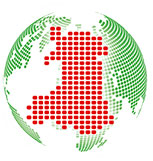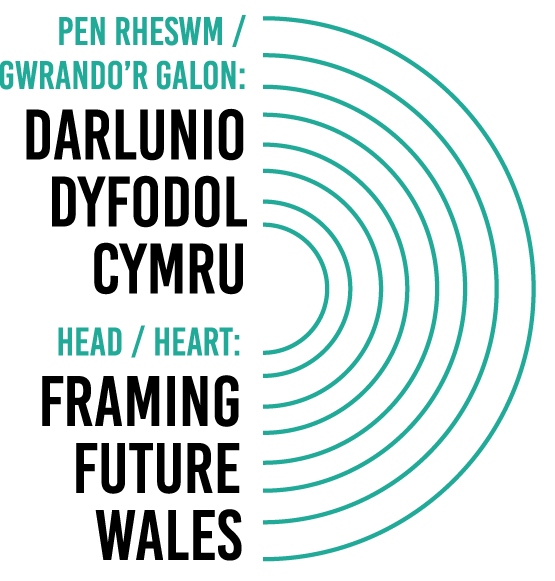Our research so far reveals some key themes in how people think and feel about independence:
Wales is different
Across the three cases, participants often spoke of their sense of cultural distinctiveness (identities, language, history) from the rest of the state (the UK or Spain).
In Wales, this identity was expressed through references to cultural symbols, Wales’s history and the landscape, and there was a clear sense of belonging to and love for the country. These feelings were underpinned by a range of different lived experiences: some had been born in Wales and lived here for most of their life, others had been born outside Wales or had lived abroad. Participants also talked about the Welsh language, which was seen as something to be celebrated and protected.
This appreciation of Welsh identity often made participants aware of differences with the rest of the UK (and with England in particular). For some, there was a feeling of resentment that Wales was often portrayed as being dependent on, or inferior to, England. Others emphasised Wales’s history as part of the UK as positive, and something to be maintained.
Does a distinctive identity shape how people think about independence?
Our research so far shows that this awareness of difference does not lead to the same views on whether or not Wales should be independent. For many, a strong sense of Welsh distinctiveness does not matter for how they think or feel about this. For some, being Welsh means that they long for independence; considerations about language also came through here: could an independent Wales lead to new opportunities to promote use of the language? For others, Welshness is part of an identity that also includes feeling British and they prefer to stay part of the UK.
Our Future
Our research in all three cases shows that people think about independence through their experience of politics and the current economic situation. But this leads people to think very differently about independence.
Some people think that independence will transform society and create a different and better future. In Wales, some see independence as the only way of taking decisions that meet the country’s needs, free from interference by Westminster. These views reflect some participants’ frustration with the existing devolution arrangements, and the UK government’s attempts to overturn policy decisions made in Wales. There is also a sense of disillusion with politics and politicians who don’t understand Wales, and especially with the way in which Brexit has been managed – and has impacted negatively on Wales. Some spoke of the economic potential for an independent Wales – and the opportunity it would bring to take a different and more pro-active approach to achieving economic growth.
Others see independence as a very risky project. In Wales, participants were concerned about whether Wales is too small or too poor to go it alone. A particular worry related to how Wales would manage without the financial transfers it currently gets from the UK government; could Wales generate sufficient wealth to support its own welfare and education systems? Some also questioned whether a different politics would be possible in an independent Wales, and whether Wales could re-join the EU.
Many also felt that having an honest debate about independence is difficult, particularly as a complex issue it is open to manipulation by the media. One problem is the lack of information about independence, including the potential advantages and disadvantages. Some were also concerned that this is a difficult topic to discuss in an unbiased way: who can be trusted to give impartial information about what this would mean for a future Wales?
Head/heart
As participants in the three cases weighed up their feelings about independence, some spoke of their doubts or fears about what this would mean for their country’s future. Others spoke of their strong sense of identity and how this made them more supportive of independence.
In Wales, there was often a tension between these two views, a struggle between the head and the heart. This tension was captured very clearly by one participant who, when discussing the photographs he’d taken, noted that: “It was more a journey through the emotions that…the question pulled out of me, I think. I think it probably does portray where I stand on things in my heart, it doesn’t necessarily mean where I stand on things in my head…”. This tension creates a lot of uncertainty in discussions about independence, its political and socio economic implication and the difficulty of being able to predict its long-term repercussions. It often leads participants to think that independence is not the answer.


